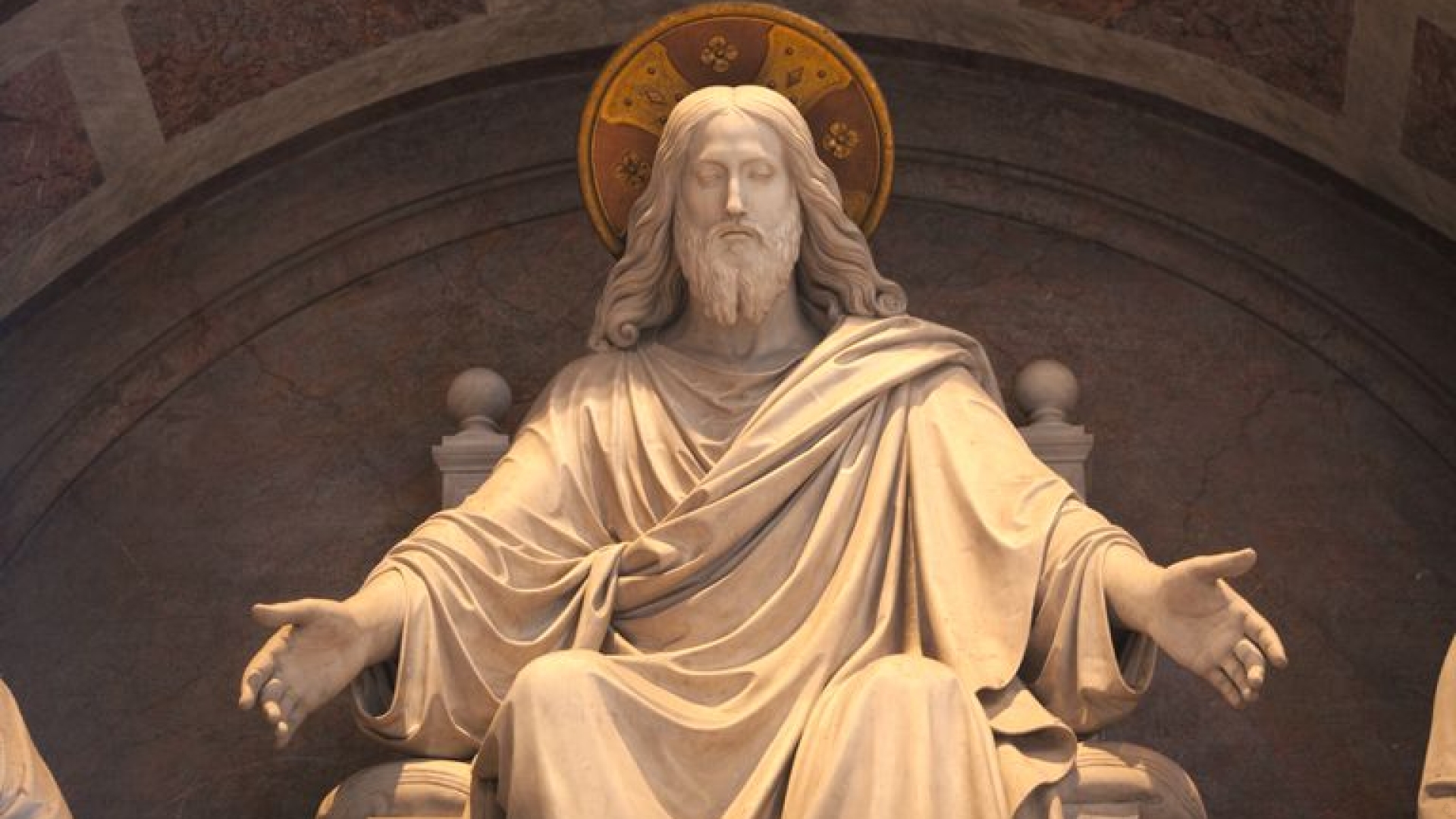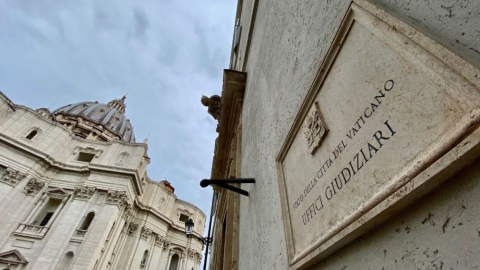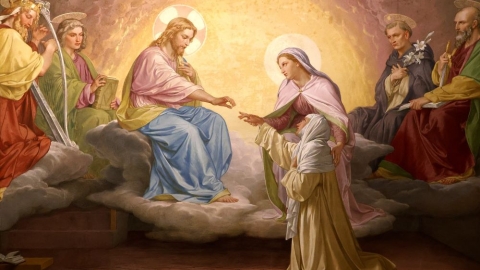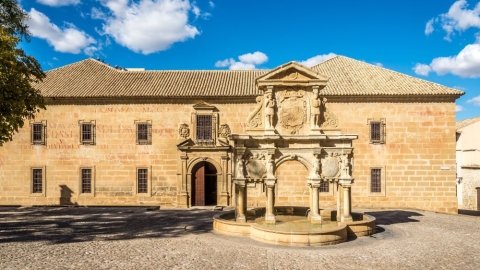Cardinal Pie Explains the Dogma of Indulgences

Sin brings with it two consequences: the sullying of the soul, now unworthy to inherit heaven, and the debt contracted by this soul with the sovereign justice of God; or, to use the dedicated terminology, in sin we distinguish the guilt from the punishment due to it.
When the sinner repents of his crime, if he confesses his fault with sorrow, the priest's absolution mixes, as it were, the tears of the penitent with a drop of Jesus Christ's blood, and instantly erases, destroys, and annihilates the stain of guilt, returning life and its original beauty to the soul, together with its store of previously acquired merits and the ability to gain more, and finally the soul's titles and rights to the eternal inheritance.
The power of the sacrament produces all this marvels in one instant. But if this soul, by the sentence of the priest, regains possession of all the treasures and fruits of its first inheritance, it is not for all that freed of all debts and obligations. It is, if you will, like a king who has returned into his lands and reclaimed his throne, but on whom the misfortunes of the past have laid heavy duties to acquit. While the reconciled sinner, by the fact of his reconciliation no longer has to fear eternal punishment, the justice of God expects ample satisfaction from him, and will exact it in this world or the next. This is the reason for the need to make reparation in this life, or carry out the inevitable expiation after death.
The Means of Satisfaction
There is in the Church a rich treasury of superabundant satisfaction. All actions, all virtues and all sufferings of men in a state of grace, have two properties and bear two distinct values, that of merit and that of satisfaction.
Merit always obtains its own reward by an increase of glory in heaven: what each one has sown, he will harvest it to the last jot. Satisfaction, however, is only profitable to he who earns it until his debt is paid; and once his personal debt is cleared, the remaining satisfactory value of his works is no longer useful to him. Will it be lost, then? No, it enters into the common treasure of the Church, an immense and infinite treasury: holy theology will teach us what it contains.
It contains, above all, the superabundant satisfaction of the Son of God,
who innocent, immolated on the altar of the Cross is known to have poured out not a little drop of blood, which however on account of union with the Word would have been sufficient for the redemption of the whole human race, but copiously as a kind of flowing stream, so that “from the soles of His feet even to the top of His Head no soundness was found in Him” [ Is. 1:6]. Therefore, how great a treasure did the good Father acquire from this for the Church militant, so that the mercy of so great an effusion was not rendered useless, vain or superfluous, wishing to lay up treasures for His sons, so that thus the Church is an infinite treasure to men, so that they who use it, become the friends of God... Indeed, to the mass of this treasure the merits of the Blessed Mother of God and of all the elect from the first just even to the last, are known to give their help; concerning the consumption or the diminution of this there should be no fear at any time, because of the infinite merits of Christ (as was mentioned before) as well as for the reason that the more are brought to justification by its application, the greater is the increase of the merits themselves.
(Clement VI, Bull Unigenitus Dei Filius, January 27, 1343)
All these values together form the common fund which we call the treasury of the Church. The goods of a community must be distributed to individuals by the authority of the one who presides over the community. The head of the Christian community is the Sovereign Pontiff. To him therefore it belongs to apply the satisfactory merits at his disposition, and to grant them to those who need them for wise reasons, to greater or lesser extent, by way of the conditions he may set. It is for him, as bursar of the Church, to meet the debts of his needy but repentant children, with the superabundant riches of the other members of the communion of saints; it is for him ultimately to accept and ratify, in the name of God and as Vicar of Jesus Christ, this acquittal of debts by means of exchange and substitution.
Such are the principles of Catholicism on this matter. Let no one fear a dangerous weakening of Christian discipline in consequence, since partaking in these benefits of the Church exists on condition of regaining the state of grace beforehand by means of a good confession.
Finally, let no one fear this treasury of the Church will be exhausted; for not only is it infinite, since it consists in the price of the blood of Our Lord Jesus Christ, it is inexhaustible insofar as it is composed of the superabundant satisfaction of the Saints, inasmuch as all the souls of the just who benefit from the fruits of indulgences acquire themselves a degree of perfection that soon bears fruit for the treasury of the Church, which maintains itself in this way, renews itself and indeed grows in being used, rather than decreasing or becoming impoverished.
(Source: “Indulgences,” an article in Le Cardinal Pie de A a Z [Cardinal Pie from A to Z] by Jacques Jammet, ed. de Paris, 2005, pp. 464 – 466 – DICI no. 378, November 2018)





